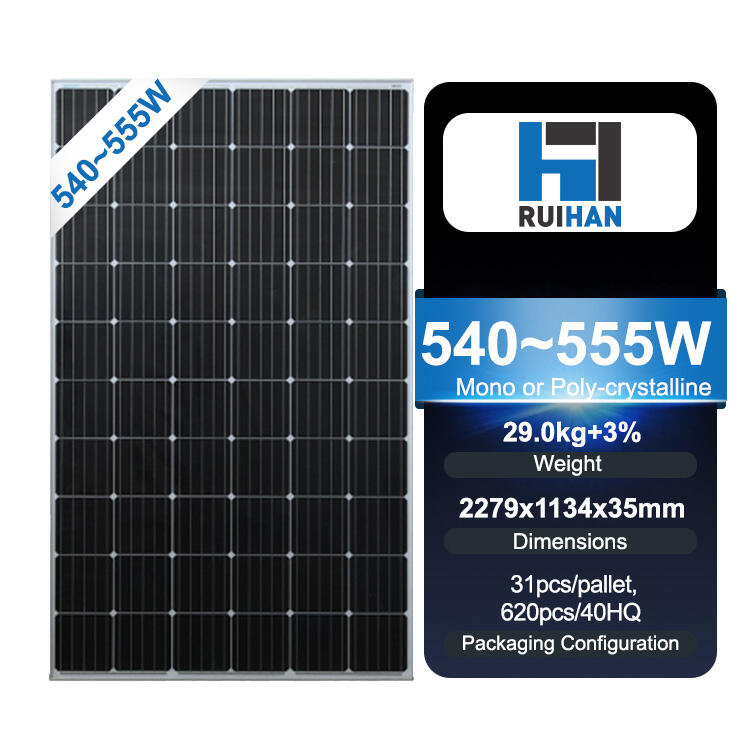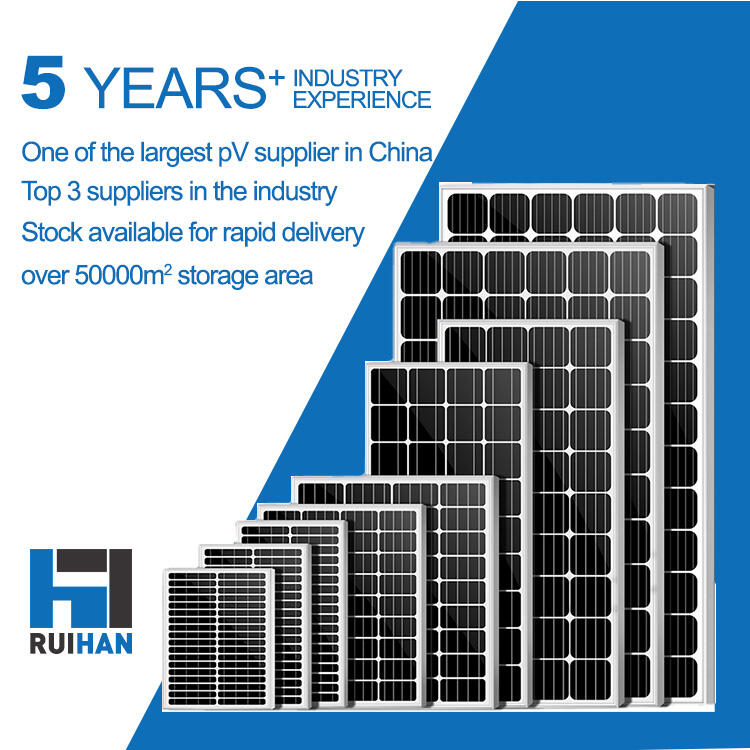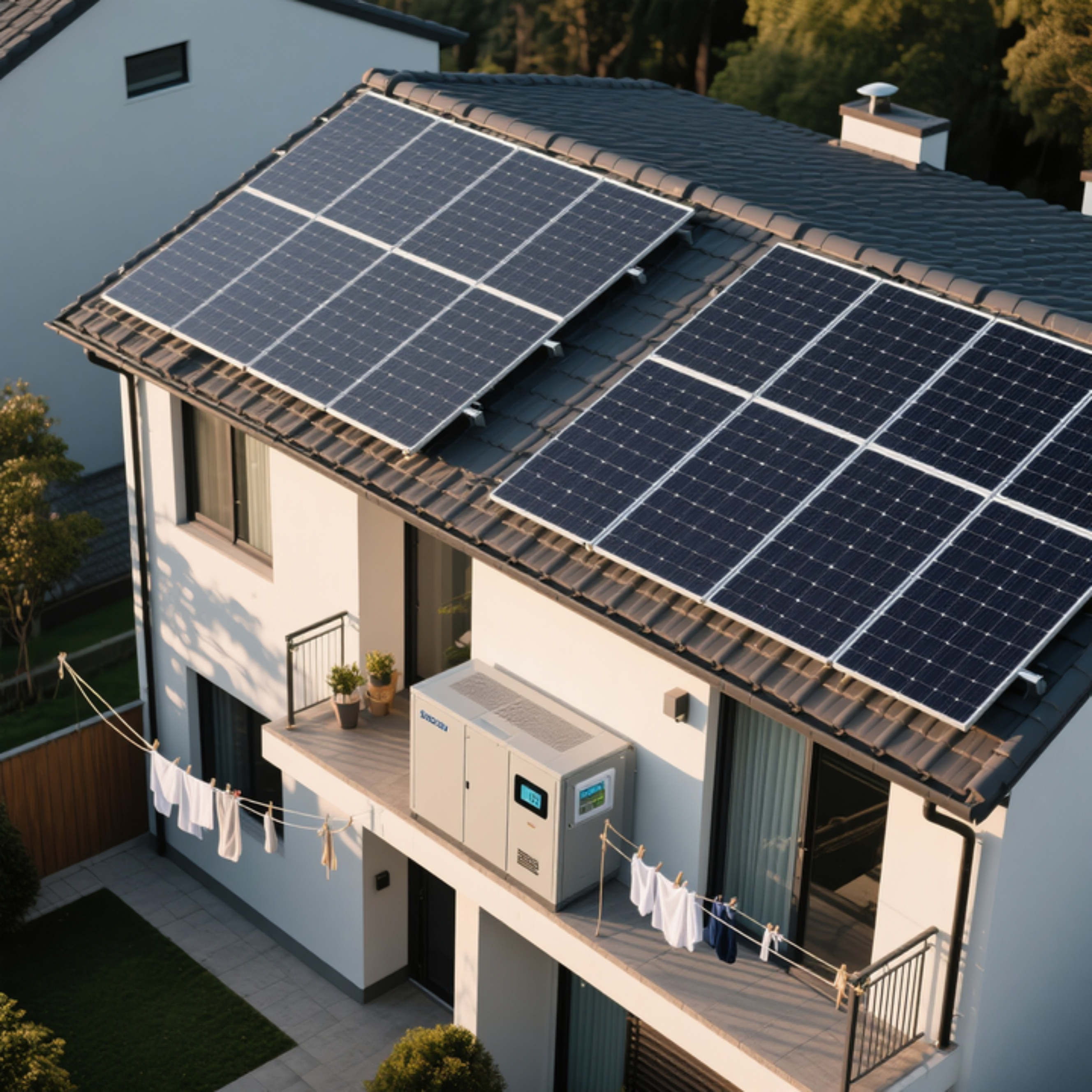Renewable and Clean Energy Solution
As a technology based on solar energy, photovoltaic systems offer a renewable and clean energy source. Solar energy is abundant and sustainable, never running out. Photovoltaic power generation produces no greenhouse gas emissions, air pollutants, or waste during operation. By adopting photovoltaic technology, individuals, businesses, and communities can significantly reduce their carbon footprint and contribute to a greener, more sustainable environment, helping to combat climate change.


